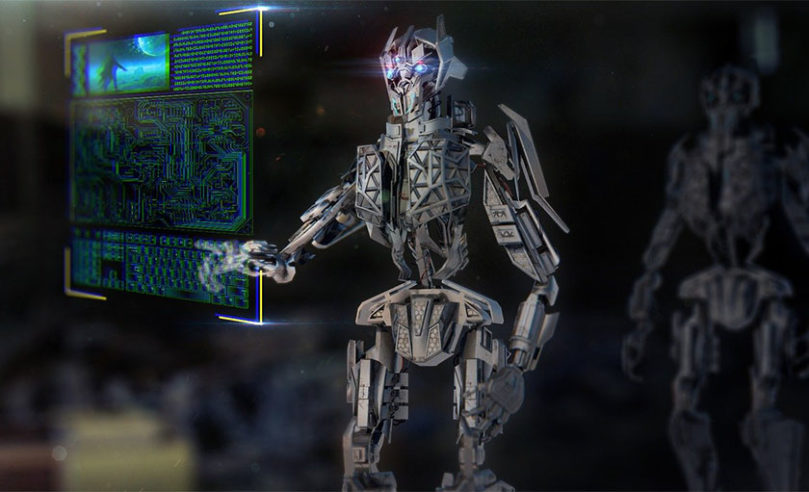
Six Books About Being A Cog in the Dystopian Machine
Here are five books about dystopian bureaucracies and the characters who make them work, and sometimes end up bringing them down.

Here are five books about dystopian bureaucracies and the characters who make them work, and sometimes end up bringing them down.